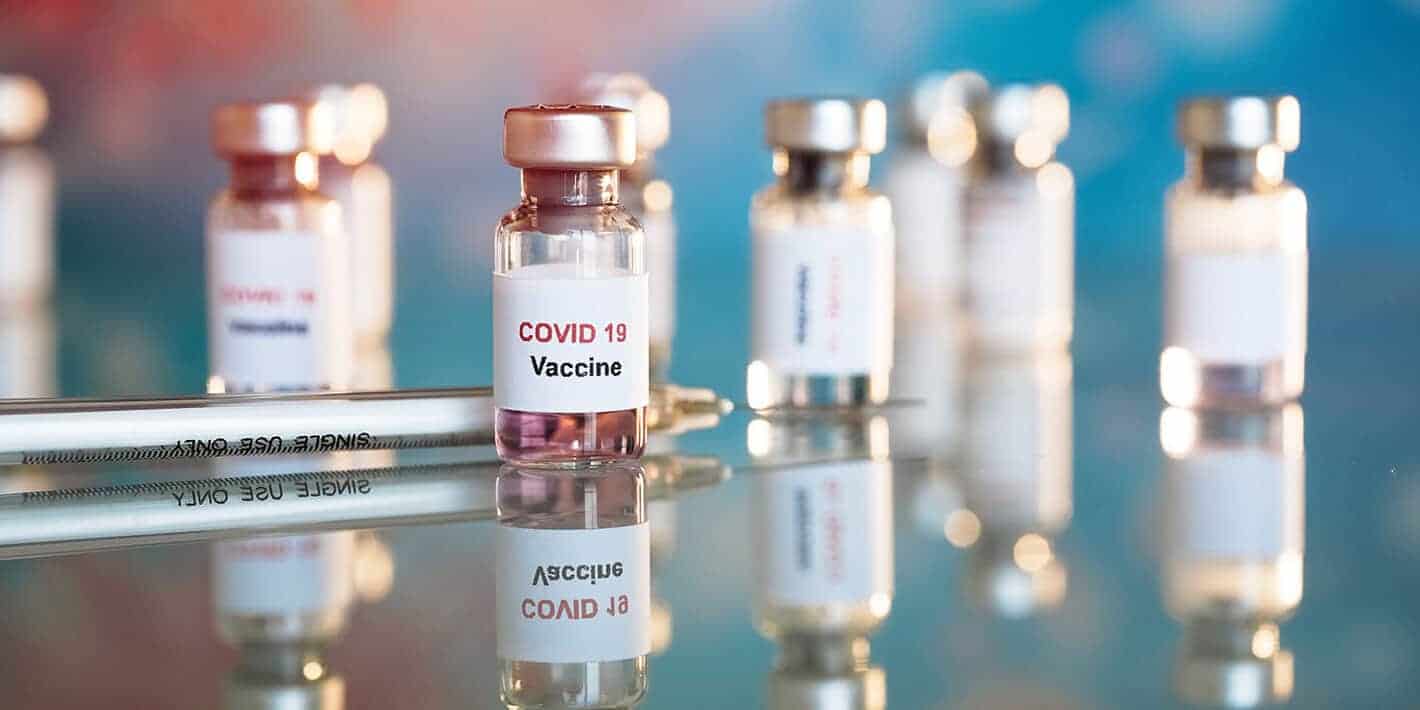Nicaragua, which is suffering a wave of coronavirus infections, on Saturday approved emergency use of the Abdala and Soberana 02 vaccines developed by Cuba, the state-run BioCubaFarma announced.
“The Health Regulation Authority of the Nicaraguan Ministry of Health (MINSA) grants the Emergency Use Certification to the Cuban vaccines Soberana and Abdala,” BioCubaFarma, a state group of scientific institutions, said on Twitter.
In addition to Nicaragua and outside of Cuba, the Abdala vaccine has been approved by Vietnam, whose government has already authorized the purchase of 10 million doses. Venezuela also signed a supply contract with the island for 12 million units.
The vice president of Nicaragua, Rosario Murillo, confirmed the arrival in the country of the Cuban vaccines Soberana and Abdala during a speech to state media. The doses will be administered to children between the ages of 2 and 17.
“We are talking about a universe of 2,102,366 children and adolescents who are going to be vaccinated as of October 20,” Murillo said.
The Central American country is the second in the world to give the green light to the use of Soberana 02, after Iran, which also produces it. This vaccine is administered in conjunction with another locally made immunogen, Soberana Plus.
Cuban vaccines are based on a recombinant protein, the same technique used by the U.S. Novavax and the French Sanofi, and are more than 90% effective in preventing symptomatic disease, according to Cuban scientists.
Cuba in September began contacts with the World Health Organization to obtain recognition of its anticovid vaccines, a process that, according to BioCubaFarma, will facilitate its trade abroad.
Argentina and Mexico also expressed interest in acquiring doses of Cuban vaccines, with which the island has managed to immunize 46% of its 11.2 million inhabitants as of Friday.
Under a United States embargo since 1962, Cuba began to develop its own vaccines in the 1980s, discovering the first against meningitis B. Currently, almost 80% of the vaccines included in its immunization program are manufactured on the island.
As of mid-September, Nicaragua, with 6.5 million inhabitants, had vaccinated a little more than 4% of the population. It has prioritized those over 45 years of age and the chronically ill and has used the AstraZeneca, Covishield and the Russian Sputnik V vaccines.
Its health authorities intend to have vaccinated at least 32% of those over 30 years of age with the first dose in October.






